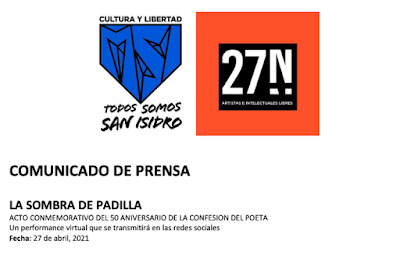Do Black Lives Matter in Cuba? Luis Manuel Otero Alcantara on sixth day of hunger and thirst strike protesting harassment, destruction of artwork, and home invasions by police is about to die if you do not help.
Dear Friend of the Cuban government,
This is addressed to you, who travel to Cuba on official tours, received by officials, and are sympathetic to the existing system. You have influence, leverage with those in power who desire your continued friendship.
Revolutionary National Police in Cuba are killing black men, and they are about to claim another life through their constant harassment, home invasions, and destruction and theft of art work. These patterns of constant and escalating repression have led Luis Manuel Otero Alcantara to initiate on April 25, 2021 a hunger and thirst strike that is now on its sixth day, and it is feared that he will not last much longer. Please reach out to Cuban officials and explain to them why continuing down this path that will lead to his untimely death, will harm regime interests internationally.
Others have died on hunger strike in Cuba, in recent years, two of them black men: Orlando Zapata Tamayo in 2010 and Yosvany Arostegui Armenteros in 2020. Unarmed black men shot in the back by Revolutionary National Police, a recent high profile case is that Hansel E. Hernández.




